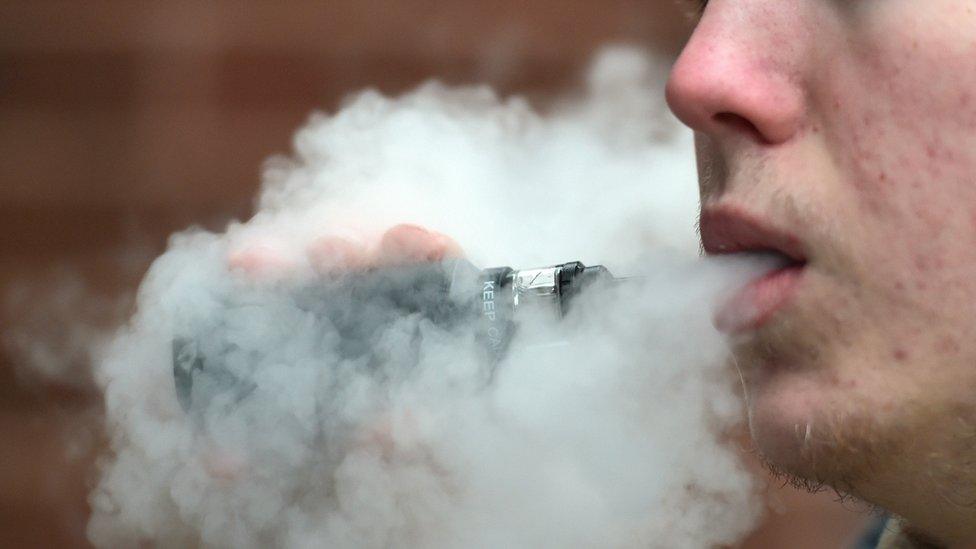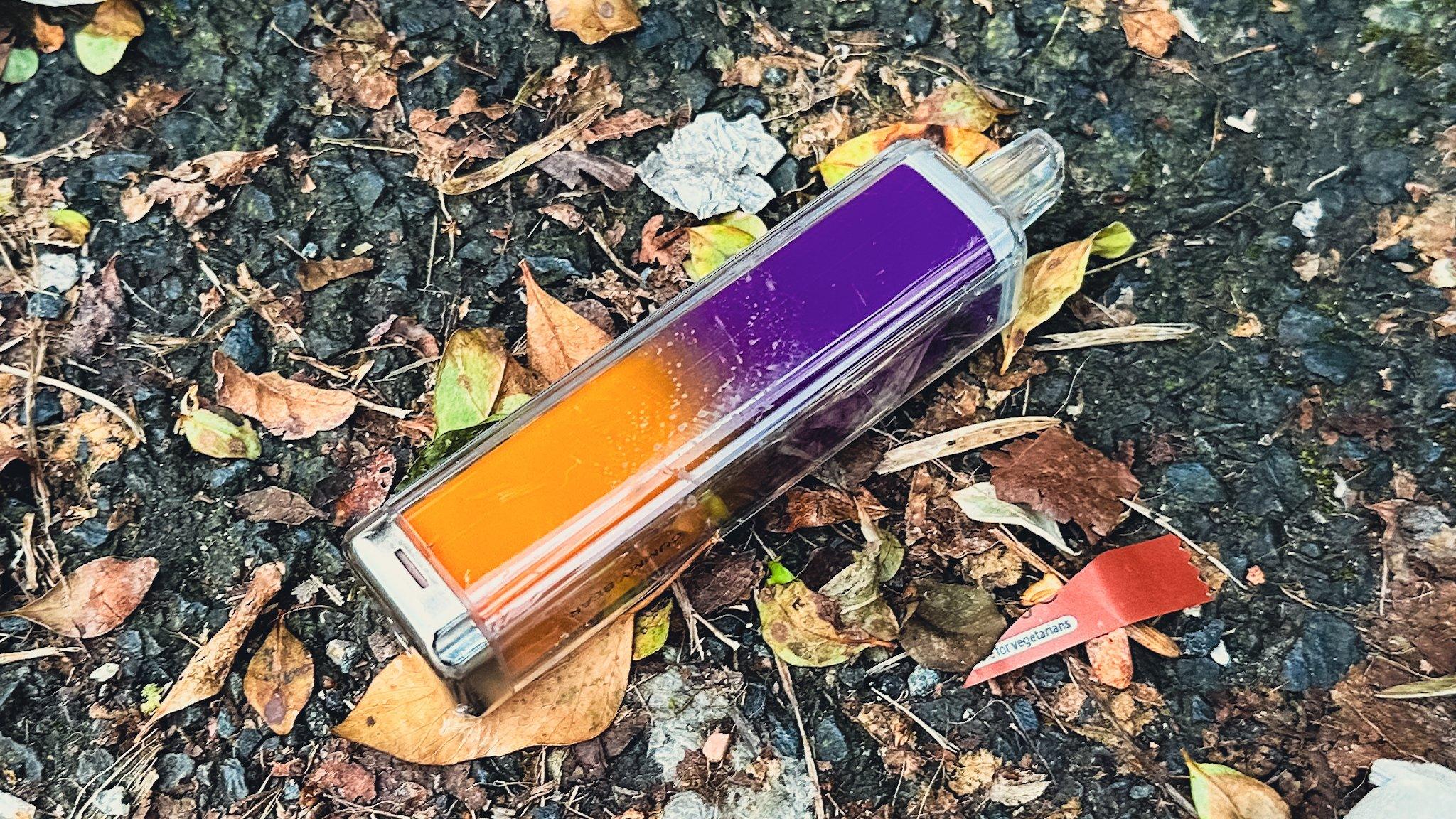Southampton parents hope detectors will reduce vaping in school
- Published
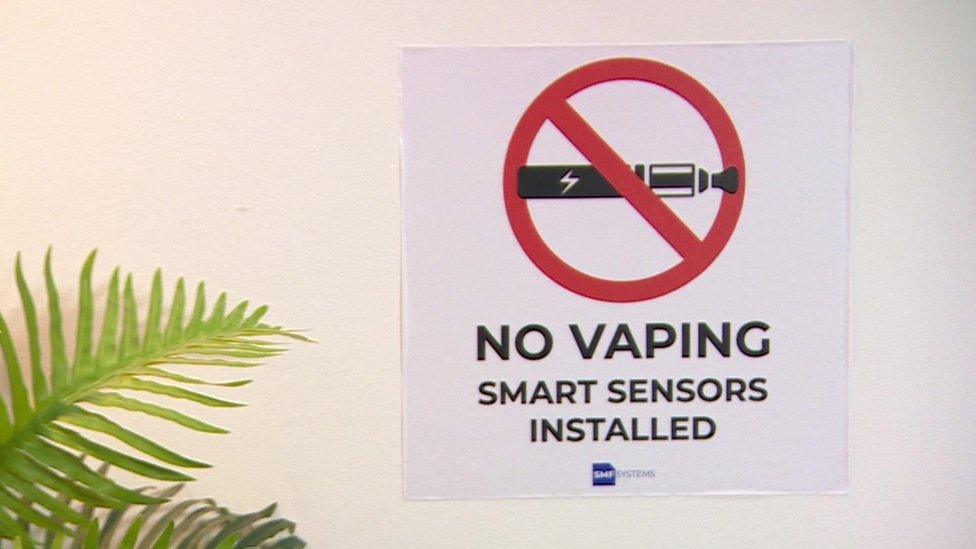
Simon Hasset said the almost 300 schools were using the alarms
Parents worried about the rise of vaping in schools have described designing a detection alarm they hope will stop pupils taking up the habit.
The device made by Southampton couple Simon and Jean Hasset is being used by almost 300 schools across the UK.
They said they were inspired by talking to teachers, who have reported vaping causing problems in the classroom.
The government said there has been a three-fold increase of vaping in three years among school-aged children.
It is widely considered less harmful than smoking tobacco, and the government endorses vapes as an aid for giving up smoking.
But teachers' union NASUWT has raised concerns that vaping was being used by children to "self-regulate their emotions" and becoming difficult to control.

Mr Hasset said vaping was "rife" in secondary schools
Mr and Mrs Hasset's eldest child will start secondary school next year and they said they had become concerned about vaping becoming "rife" among pupils of that age.
This led to them creating the Vape Guardian.
Similar to a smoke detector, the unit monitors signs of vapour from e-cigarettes and can be placed in difficult-to-police areas such as school toilets.
"When vaping is detected, a notification is sent to designated members of staff through an app... within a couple of seconds of it happening," Mr Hasset said.
After four weeks the sensors are triggered 94% less times than when they are first installed, according to the couple's data.
Other similar products are on the market and a head teacher has previously reported sensors leading to a reduction in pupils vaping.
Speaking to the BBC previously, health secretary Steve Barclay said: "If you talk to head teachers, they are very worried about what's going on in schools.
"We've seen a three-fold increase in the last three years in terms of the number of children vaping - and it's now affecting more than one in five children."
The Department for Education has been approached for comment.

Follow BBC South on Facebook, external, X, external, or Instagram, external. Send your story ideas to south.newsonline@bbc.co.uk.
Related topics
- Published12 October 2023
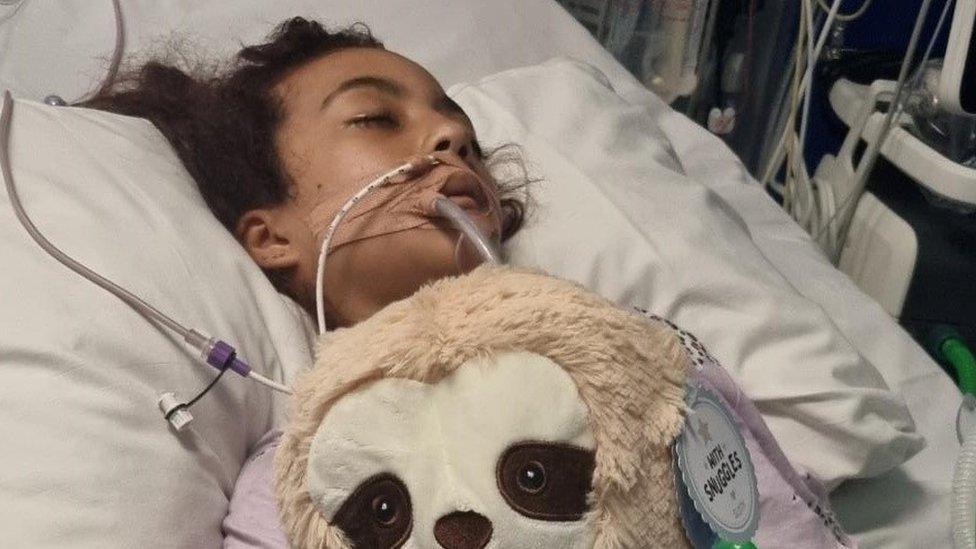
- Published5 October 2023
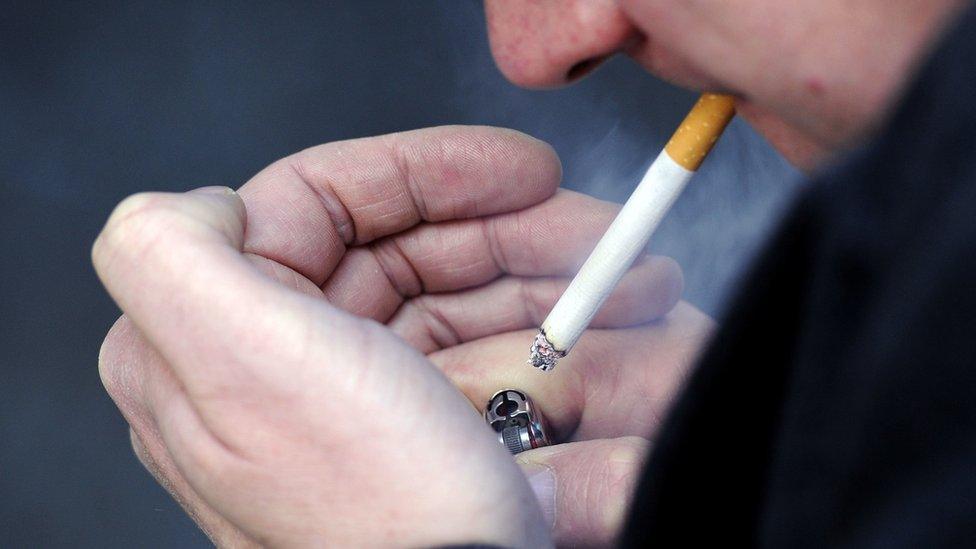
- Published26 September 2023
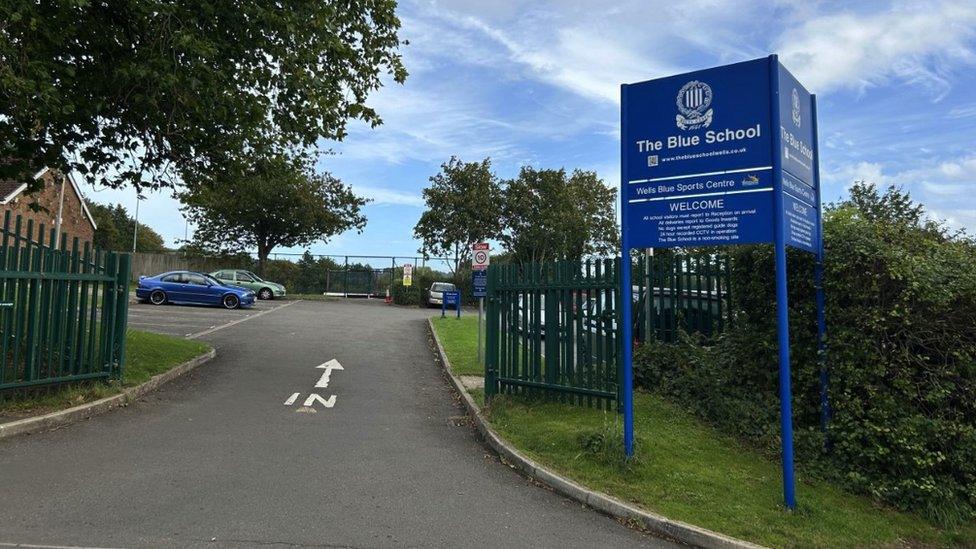
- Published18 September 2023
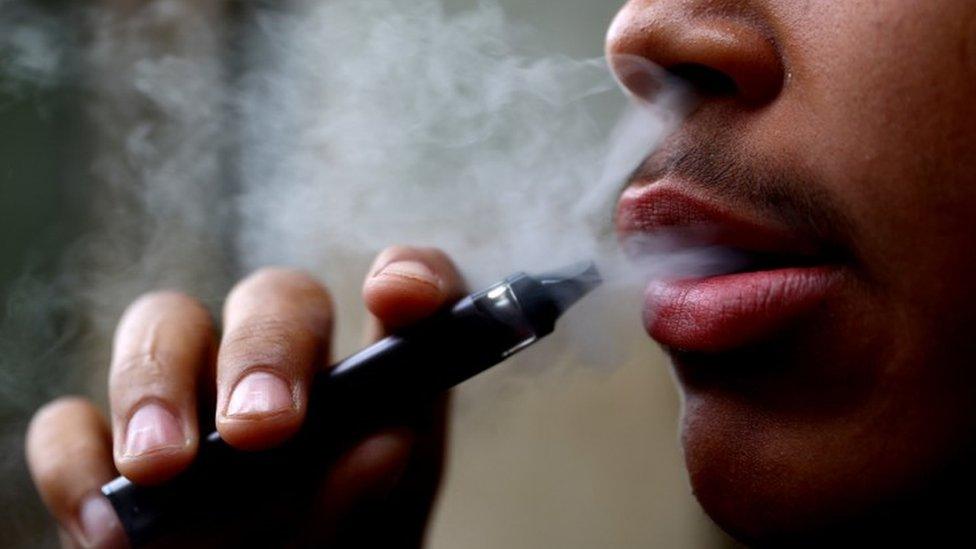
- Published13 September 2023
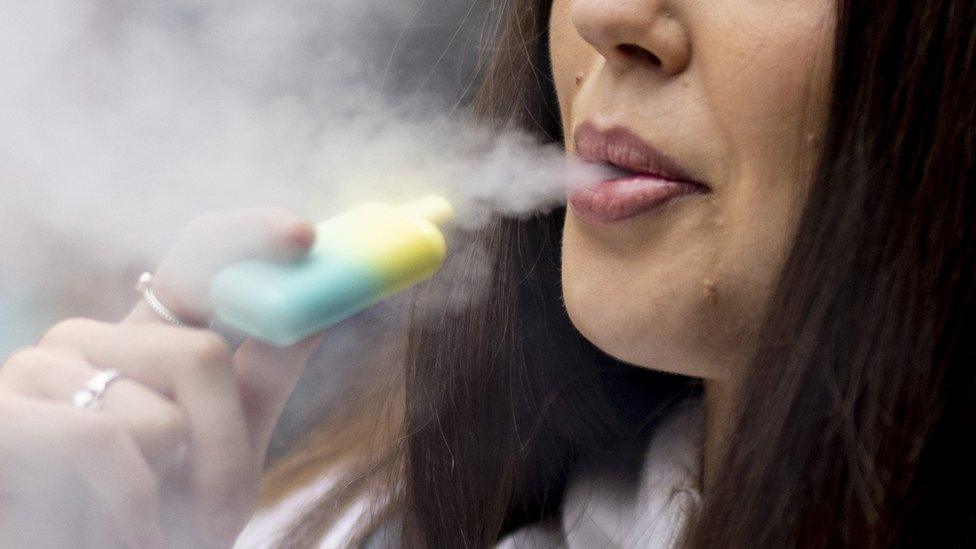
- Published20 July 2023
